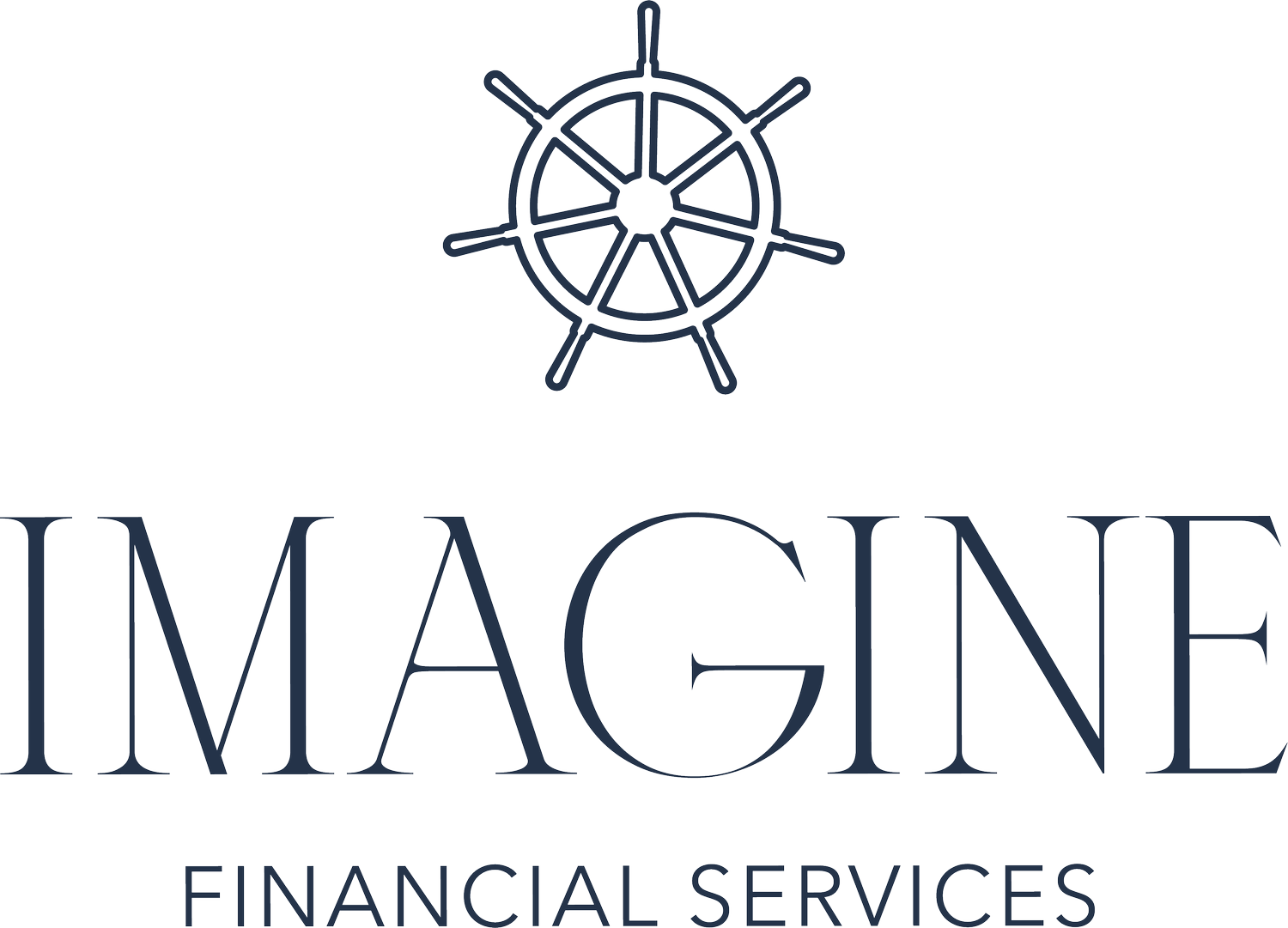Estate Planning: Family and Asset Protection
Have you ever wondered what would happen to your children or assets if you were to pass away?
When planning for incapacitation or ensuring the welfare of children, families often consult an estate attorney. The following information is not intended as legal advice.
Estate planning can help preserve your assets, ensure proper distribution of your property, and provide security for your loved ones.
Estate documents that are commonly bundled include a will, trust, and powers of attorney for health and finance.
The purpose of a Will
A will is a legal document that outlines how your assets will be distributed and how your children will be cared for in the event of your passing. It only takes effect upon your death and must go through probate court.
A will has many facets, but four elements should be included.
Testator: the person whom the will represents. For example, John Smith would be the testator of John Smith's Will. The testator's information establishes their identity.
Declaration: Defines the wishes of the testator.
Beneficiary: The person(s) or organization that will receive the benefits of the testator.
Executor: The role of the executor is to act as the administrator on behalf of the testator. The executor ensures the wishes of the testator are fulfilled.
How a Trust differs from a Will
A trust is a legal tool that can be used during your lifetime or after your passing. The person who creates the trust is known as a grantor. Setting up a trust can offer privacy benefits as it avoids probate court. It also has the potential to provide tax advantages and protection from creditors. In contrast, a will only goes into effect after your passing.
Power of Attorney for Healthcare and Finance
Power of attorney (POA) is an appointment of a person to act on behalf of another. According to author Hanna Ruben, power of attorney for healthcare, "authorizes healthcare decisions to be made on your behalf by a designated individual"(Rubin, 2024). If you were unconscious, your representative named as power of attorney for health, could make medical choices on your behalf.
A POA (Power of Attorney) for finance is similar to a POA for healthcare. It authorizes a designated person to make financial decisions on your behalf. This is especially helpful if you become incapacitated and need someone to manage your finances. The named person will have the authority to handle tasks such as opening your mail, paying bills from your bank account, and addressing all other aspects of your finances while you are unable to do so.
A power of attorney can be a useful solution for supporting someone who is suffering from Alzheimer's Disease in the long term. It can also be helpful if a person is unable to manage their finances due to an accident but is expected to make a full recovery in a short period.
Power of attorney for healthcare and finance can be assigned to one or more people. When the grantor of a will and trust becomes incapacitated, their power of attorney can step in and make financial decisions on their behalf.
An Estate Plan coordinates with your Financial Plan
Financial planning is the analysis, development, and implementation of all aspects of a person or couple's financial life. Does an estate plan have an impact on your finances? Oh yes!
Once estate documents have been drafted, they are put into action by funding accounts, naming the trust as a beneficiary, and alerting your trusted contact of the whereabouts of the estate documents.
Estate documents provide an individual or family with asset protection, distribution, and security. When a person passes away without estate documents, their asset distribution will be determined and administered by the probate court.
During the probate process, attorney fees and court costs will be incurred by the estate. The time involved in administering the distribution of a person's estate often drags on for a year or more.
With a will and trust, you can determine and state who is the best person or family to raise your children. Without proper estate documents in place, decision-making is left up to the probate court.
Conclusion
Many people believe that only the wealthy need an estate plan, but this is not the case. Homeowners, parents of minor children, and investors should consider creating and funding estate documents.
This article provides a high-level overview of estate planning. For personalized recommendations, seek the advice of a legal professional.
About the Author
Marianne Martini Nolte, CFP® provides tax-savvy wealth management for women.
Contact Imagine Financial Services to learn about the services provided and associated costs.
If you want to schedule a complimentary meet and greet with Marianne Nolte, Certified Financial Planner™ click this Calendly link
Subscribe to the Imagine Financial Services monthly Newsletter HERE.
To stay informed on a variety of topics, subscribe to the Imagine Financial Services YouTube Channel.
References
Rubin, H. (2024, January 28). Financial vs. Medical Power of Attorney: What’s the difference? Investopedia. https://www.investopedia.com/articles/managing-wealth/042216/medical-vs-financial-power-attorney-reasons-separate-them.asp
